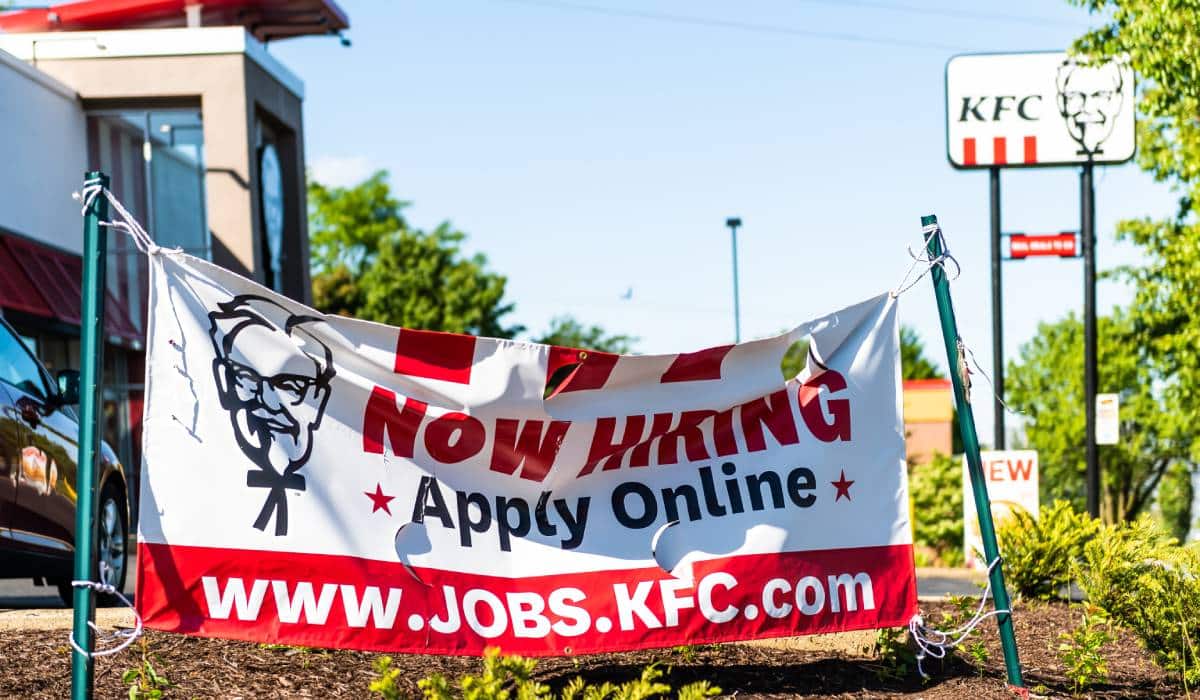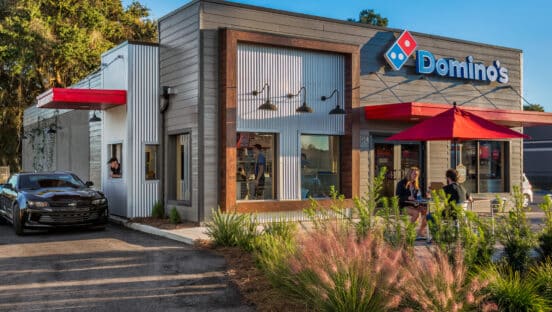The restaurant industry is still down more than 750,000 jobs since the start of the pandemic, according to the Bureau of Labor Statistics November jobs report.
During the month, food and drinking places gained only 11,000 jobs, pushing the total to approximately 11.6 million. The overall leisure and hospitality segment has added 2.4 million jobs in 2021, but employment is still down by 1.3 million or 7.9 percent since February 2020.
Across the nation, employment rose by 210,000 jobs in November, causing the unemployment rate to fall by 0.4 percentage points to 4.2 percent.
In response to the jobs report, the Independent Restaurant Coalition (IRC) stressed the importance of replenishing the $28.6 billion Restaurant Revitalization Fund (RRF), which left about 177,000 or around two-thirds of restaurant applicants without aid.
“Tens of thousands of restaurants are in danger of closing permanently, leaving hundreds of thousands of jobs unfilled this winter,” Erika Polmar, the IRC’s executive director, said in a statement. “Slow growth for restaurant and bar jobs in today’s employment report shows that we can’t build back better without a vibrant restaurant industry.”
Without relief, 86 percent of restaurants yet to receive a RRF grant could be forced to close, according to an IRC survey. The organization said restaurants and bars have lost more than $280 billion during COVID-19, and the National Restaurant Association recently estimated that more than 90,000 restaurants and bars have closed permanently or long-term since the beginning of the pandemic. In October, 40 percent of restaurants could not pay their rent, according to an Alignable rent report.
This labor shortage wages on as independent and chain restaurants continue to face debt, rising food costs, and consumer hesitancy from the Omicron COVID variant.
Reservations in major cities are still far below 2019 levels. Data from OpenTable shows Baltimore, Chicago, Denver, New Orleans, and New York reservations are down by 34, 39, 21, 29, and 48 percent, respectively, compared to 2019. Likewise, data from the Association indicates 60 percent of adults changed their dining habits due to the Delta variant, a statistic likely to continue during spread of the Omicron variant.
Meanwhile, food costs have surged in the last year. The price of beef and veal has grown 57 percent, grains jumped 55 percent, and shortening and cooking oil rose 41.5 percent in October compared to 2020.
The Restaurant Revitalization Fund Replenishment Act, which would provide an additional $60 billion in funding to the RFF, has gained the support of at least 223 members of the House of Representatives and 43 members of the Senate. The ENTRÉE Act, introduced in the summer, would also inject $60 billion. However, there’s been no sign of either legislation gaining momentum.
“Congress can’t leave the rest of the industry behind when it comes to pandemic relief — our elected officials need to get this done,” Polmar said.






